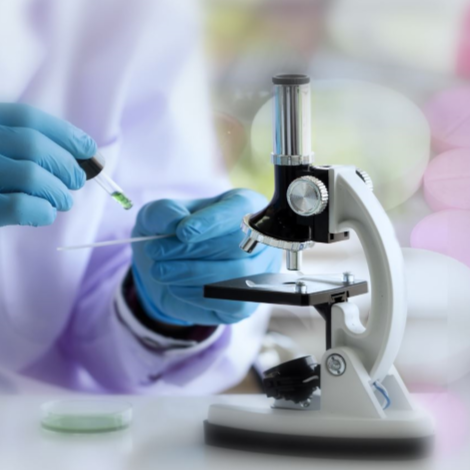Associate Dean of Research and Graduate Studies
 Dr. Manisha Patel is a Professor and Associate Dean for Research and Graduate Studies. She is the chief research officer and oversees graduate programs in the Skaggs School of Pharmacy and Pharmaceutical Sciences (SSPPS) appointed in her role in December 2022. She has been a faculty member in CU Anschutz since 2002. She has provided service and leadership on various institutional committees including as Vice-Chair in the Department of Pharmaceutical Sciences and as a member of the CU Anschutz Diversity, Equity and Inclusion Council.
Dr. Manisha Patel is a Professor and Associate Dean for Research and Graduate Studies. She is the chief research officer and oversees graduate programs in the Skaggs School of Pharmacy and Pharmaceutical Sciences (SSPPS) appointed in her role in December 2022. She has been a faculty member in CU Anschutz since 2002. She has provided service and leadership on various institutional committees including as Vice-Chair in the Department of Pharmaceutical Sciences and as a member of the CU Anschutz Diversity, Equity and Inclusion Council. She received her Ph.D. in Pharmacology and Toxicology at Purdue University, and postdoctoral training in Neuroscience at Duke University. The primary theme of her laboratory's research is to understand the redox and metabolic basis of epilepsy and develop metabolism-based therapies for its treatment. Her research efforts have provided compelling evidence for the role of mitochondrial dysfunction in acquired epilepsy and recently in a zebrafish model of Dravet Syndrome.
Dr. Patel’s accomplishments include having authored 120 scientific publications with more than 14,000 citations; having been the recipient of numerous grants from the National Institutes of Health and foundations and having served as Associate Editor of Epilepsia Open, as a contributing editor to Epilepsy Currents. She currently serves on editorial boards of Free Radicals in Biology and Medicine and Redox Biology. Dr. Patel is the past President of the American Epilepsy Society (AES) and has served AES as a member of the Board of Directors, chair of the Research and Training Council, Scientific Program Chair and Basic Science Committee and Diversity, Equity, and Inclusion Taskforce. She co-chaired the Oxygen Radicals Gordon Research Conference and served on scientific advisory boards of CURE and Epilepsy Foundation's Innovation Institute.
In recognition of her innovation in research, mentorship and service, she received the Javits Neuroscience award from NINDS, CU Anschutz Distinguished Research Award, AES's Distinguished Service Award, the CURE Innovator Award, and the CU Anschutz Shell Prize for Research and Graduate Education.
Researchers
Mission: To transform human health by inspiring and empowering the research enterprise and graduate education in pharmaceutical and clinical sciences, toxicology, and pharmaceutical outcomes

Pillar 1
Strengthening existing research whie increasing areas of growth.

Pillar 2
Increase funding availability for new pilot data or initiatives.

Pillar 3
Promoting diverse team science and collaborations.

Pillar 4
Support research administraion and infrastructure.
Vision: Offer an outstanding, inclusive environment to advance knowledge and improve health outcomes through research and education.
Graduate Students
Mission: To transform human health by inspiring and empowering the research enterprise and graduate education in pharmaceutical and clinical sciences, toxicology, and pharmaceutical

Pillar 1
Ensure we continue to reach the best and brightest minds and improve training.

Pillar 2
Support graduate training while ensuring the future needs of Pharmaceutical Research.

Pillar 3
Provide high quality mentorship and safe spaces for better student outcomes.

Pillar 4
Connect and maintain student engagement with alumni at every step of their career.
Vision: Offer an outstanding, inclusive environment to advance knowledge and improve health outcomes through research and education.





